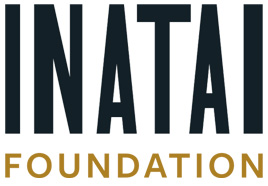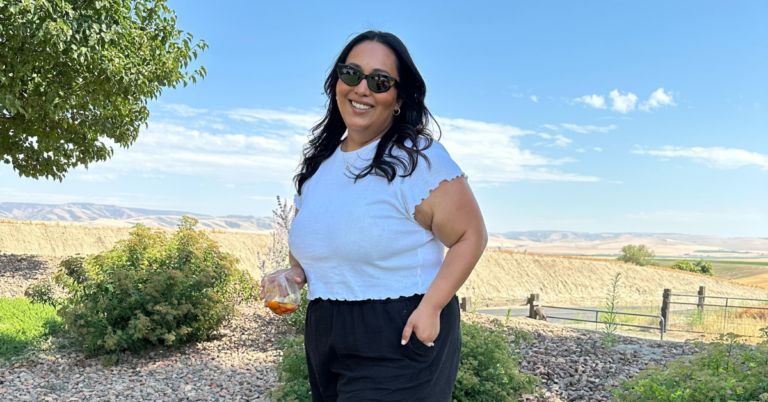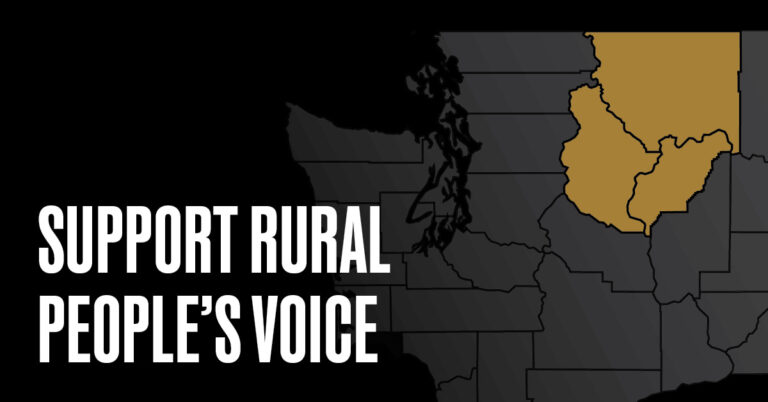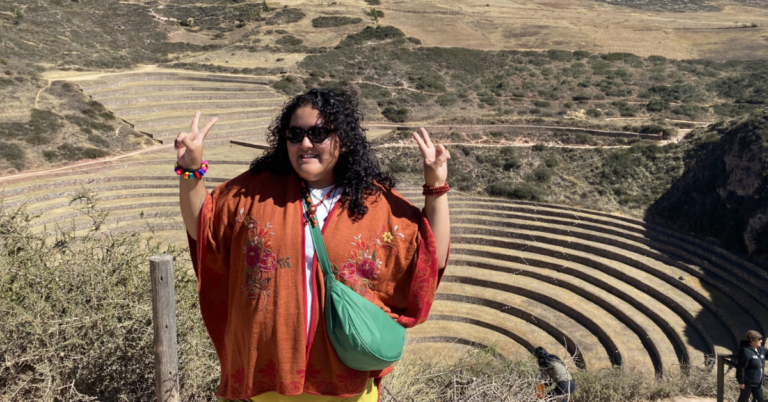Until Feb. 1, 2023, we were Group Health Foundation. This post was written under our former identity. To learn more about our new name, read our announcement here.
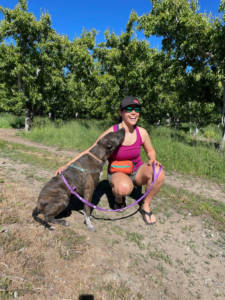
Angie and her puppy Maddie after finishing a hike in the Leavenworth area. Maddie is Angie’s favorite camping and hiking buddy.
Angie Corwin grew up in a household that embodied the meaning of community and volunteerism. From the age of five, she remembers participating in Operation: Sack Lunch, helping deliver meals to people experiencing housing and food insecurity. But just as important as feeding people, Angie’s parents instilled in her a deeper sense of community—one that requires interacting with those with different lived experiences than hers. These values carried Angie through her school years, during which she volunteered with Legal Voice, a reproductive justice advocacy organization, where she honed her analysis of the systems that shape everyone’s lives.
“The ways these systems are interconnected, you have a vague sense of it,” said Angie. “But you get involved in something, and then you realize how much you don’t know. Then you dig a little deeper—you realize that’s connected to this, and I don’t know anything about this either.”
Her curiosity and drive to do better by her community are what brought Angie to Group Health Foundation, where she’s supporting the investment team as the administrative associate. Angie brings with her years of operations and administrative experience primarily at tech start-ups—all of which prepared her well for adapting, establishing, and implementing new processes to support her team. In her new role, Angie sees an opportunity to join her growing passion for systems change with the applied skills she’s been refining.
“Working at startups, I might have a title like customer service manager, but really I did five different things that may or may not be related to that. I think that sort of flexibility is one of the reasons I was hired,” said Angie. “I’m used to picking up projects without a ton of resources or guidance and shepherding them through to completion.”
Angie is particularly eager to make the Foundation’s mission of health equity for every community a reality. She points to the way a community’s health is often determined outside of clinics and typical health providers. Achieving true health equity requires a holistic approach that takes into account the systemic racial inequities baked into everyday life. This includes everything from food access to housing, education to public transportation.
“It’s about meeting the needs of the community where the community is at. Accessibility is an important part of that,” said Angie, “If your needs are met, if you have nutritious food and you’re not worried about where it’s coming from, if you have broadband and can go to school as a child—having all those needs met helps create healthy individuals.”
Always looking for a challenge, Angie is also an avid baker. Her love of French pastries brought her to study French at the University of Washington. Guided by her curiosity yet again, Angie learned to play the accordion during the pandemic because her friend had a spare one. As she likes to put it, “I’m the type of person who has friends that have spare accordions lying around.”
